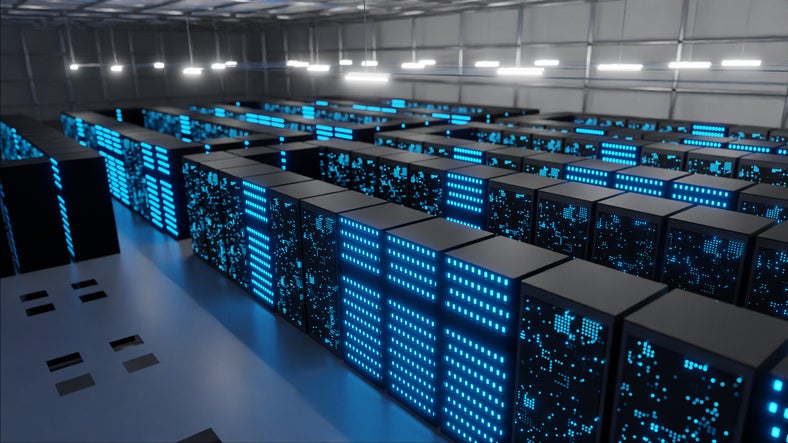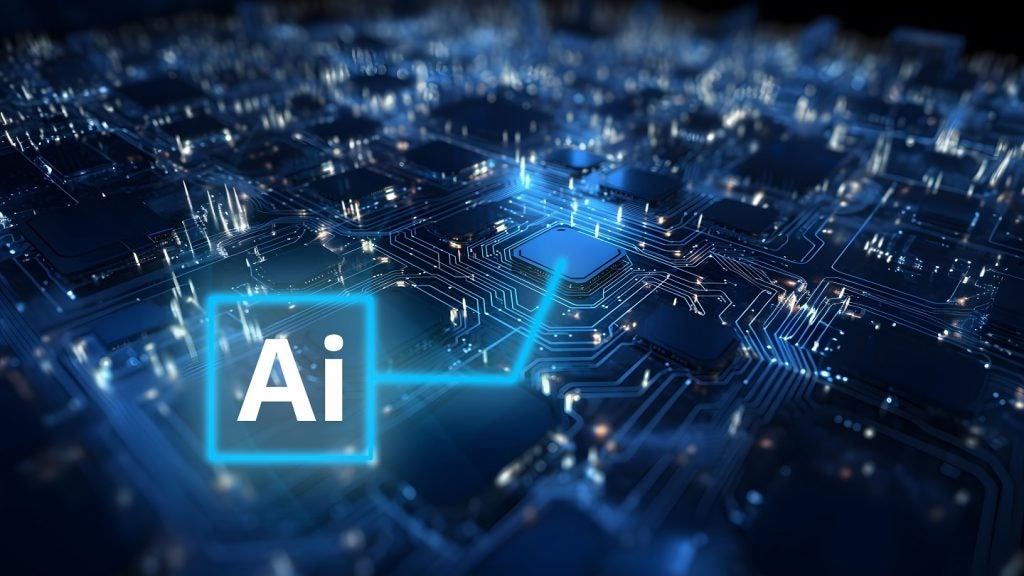
Advancements in AI and quantum computing will increase the amount of power usage in data centres by six-fold in the next ten years, according to the National Grid CEO.
CEO John Pettigrew said the national grid was becoming “constrained” by “dramatically” growing demand and a new network was needed to handle it.
Pettigrew said that AI and quantum computing, which rely on data centres, will drive a significant spike in energy use.
“Future growth in foundational technologies like AI and quantum computing will mean larger scale, energy-intensive computing infrastructure,” Pettigrew said.
“Demand from commercial data centres will increase six-fold, just in the next ten years, and in homes, there will be an increasing shift towards heat pumps and electric vehicles,” Pettigrew added.
OpenAI CEO Sam Altman made similar warnings earlier this year, that an energy breakthrough was necessary for the future development of AI, which he said will require much more power than the industry initially expected.
How well do you really know your competitors?
Access the most comprehensive Company Profiles on the market, powered by GlobalData. Save hours of research. Gain competitive edge.

Thank you!
Your download email will arrive shortly
Not ready to buy yet? Download a free sample
We are confident about the unique quality of our Company Profiles. However, we want you to make the most beneficial decision for your business, so we offer a free sample that you can download by submitting the below form
By GlobalDataAltman, who was recently ousted and rehired at ChatGPT-maker OpenAI, said the only way forward for AI are technologies such as the climate-friendly nuclear fusion or solar power.
“There’s no way to get there without a breakthrough,” Altman said.
These calls have been echoed by scientists and researchers. A July 2023 study by Amsterdam’s School of Business and Economics estimated that the AI industry could consume as much energy as a country the size of the Netherlands by 2027.
The Republic of Ireland, where Google and Meta have their European headquarters, released data showing that data centres accounted for almost a fifth of all electricity used in 2022.
Christopher Papadopoullos, senior analyst at research and analyst company GlobalData, told Verdict that data centres put additional strain on local power grids.
“Some countries were already struggling to get their grids ready for greater demand from a larger number of electric vehicles,” Papadopoullos said. “It’s difficult to see the GenAI revolution keeping its momentum unless some priority is given to energy efficiency.”
Wilson Chan, CEO of data company Permutable AI, previously told Verdict the large amount of energy consumed by AI is not sustainable in the long run.
“This could lead to an excessive strain on existing energy resources and potentially contribute to environmental issues such as increased carbon emissions,” Chan said.
“To ensure the sustainability of AI, it is crucial to explore energy-efficient solutions and develop more environmentally friendly ways to power these systems,” he added.







